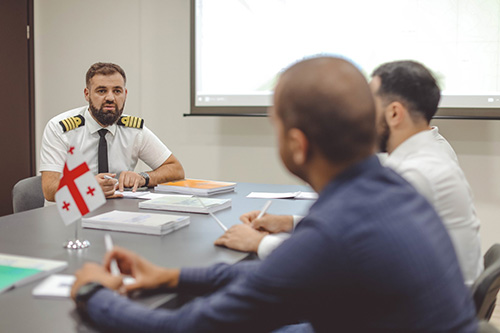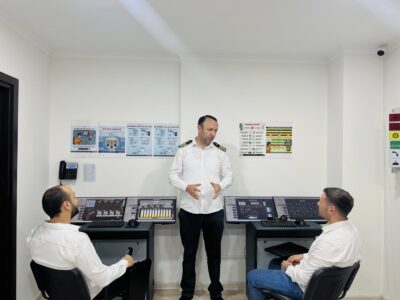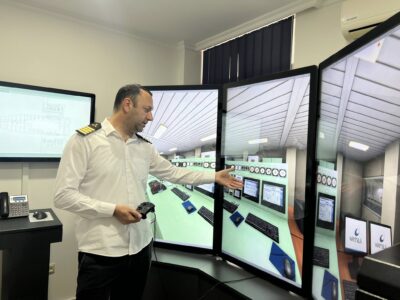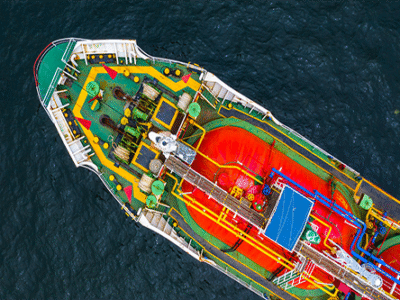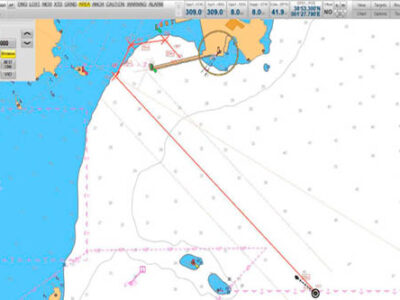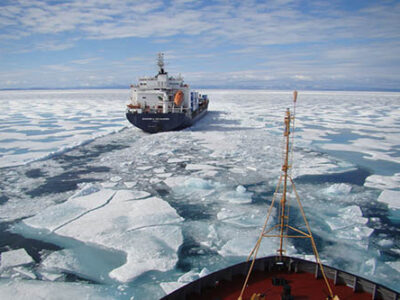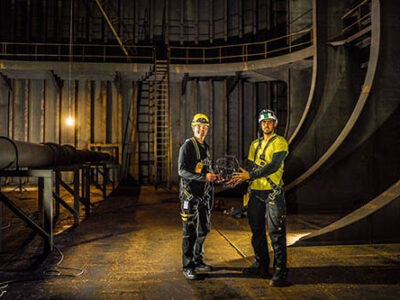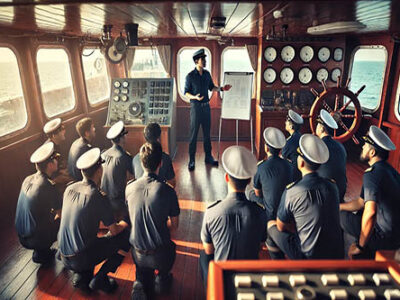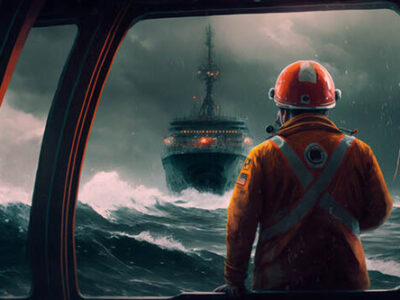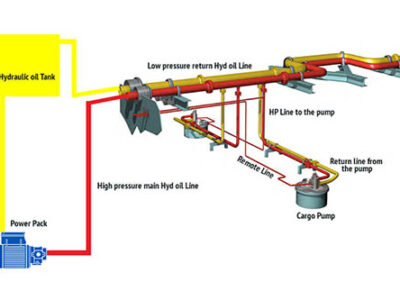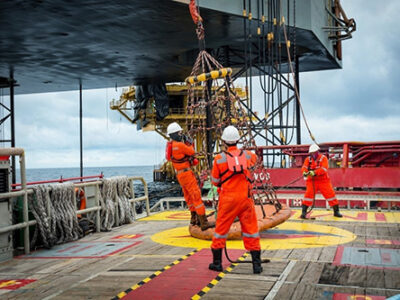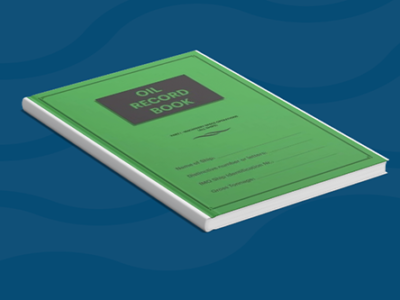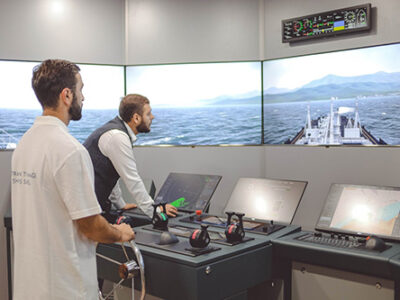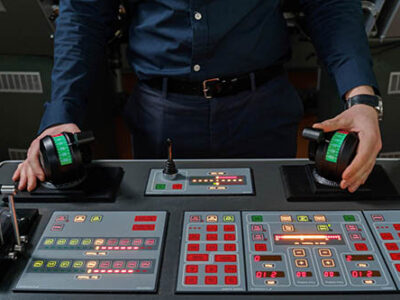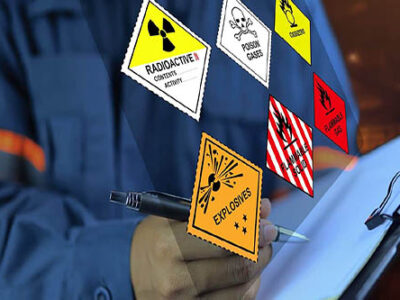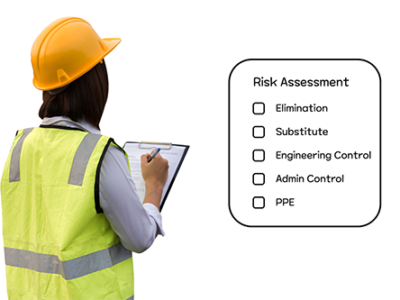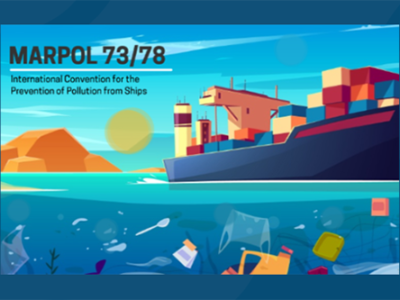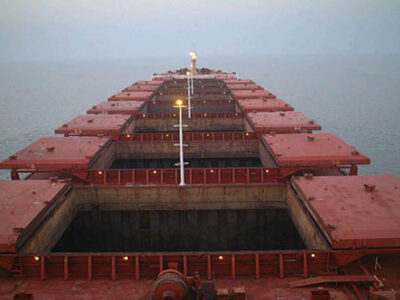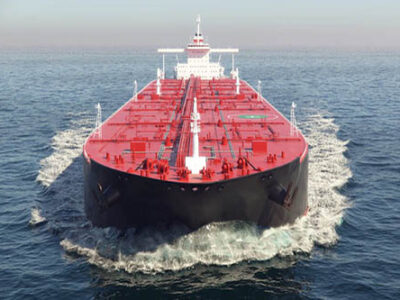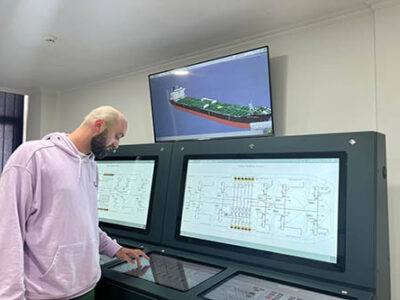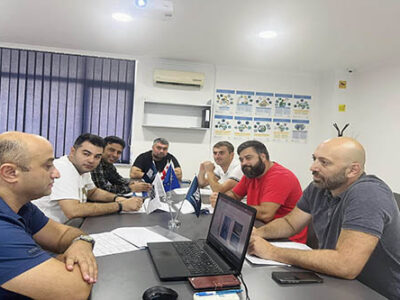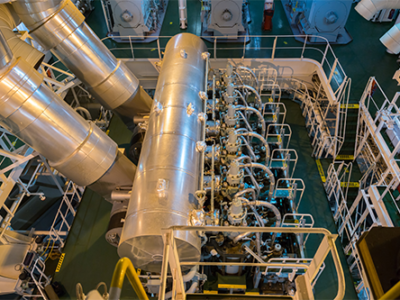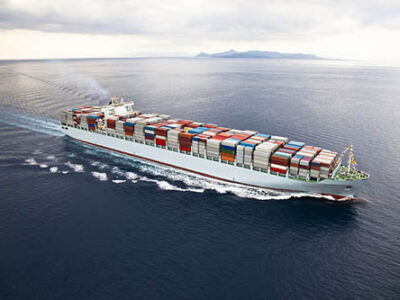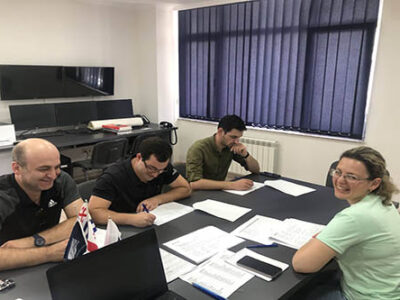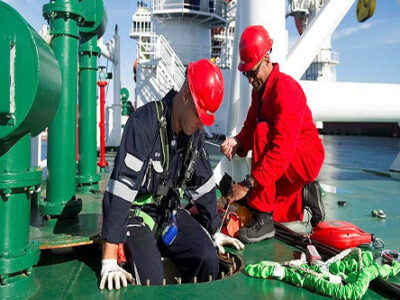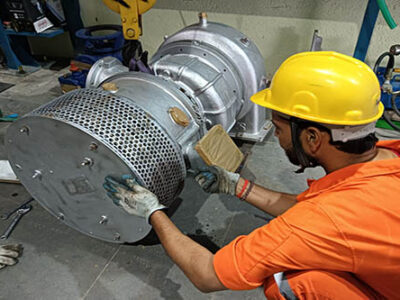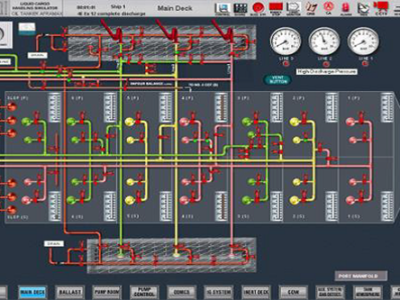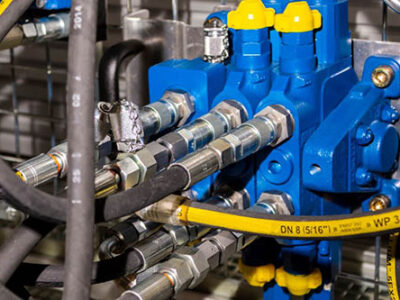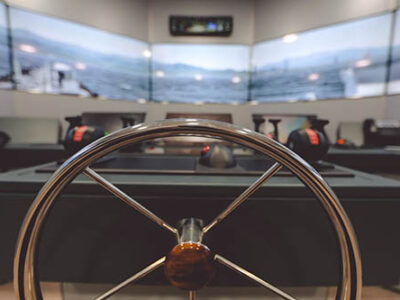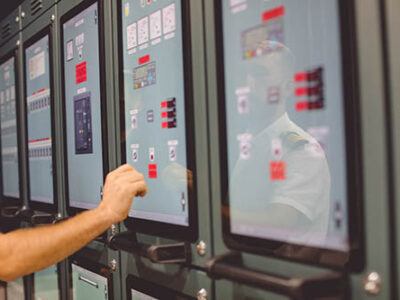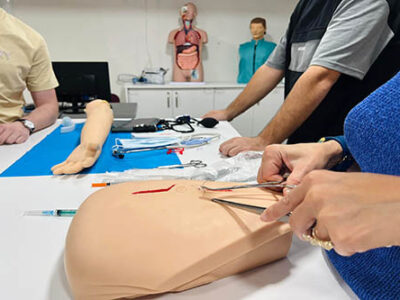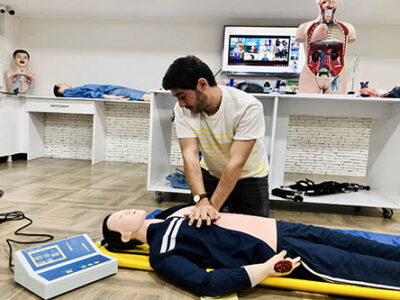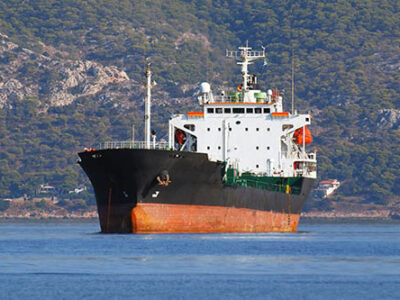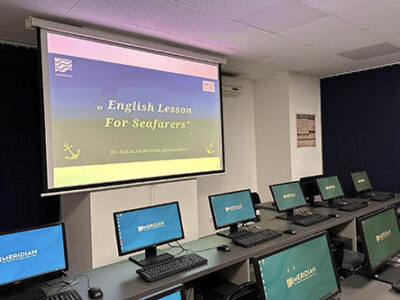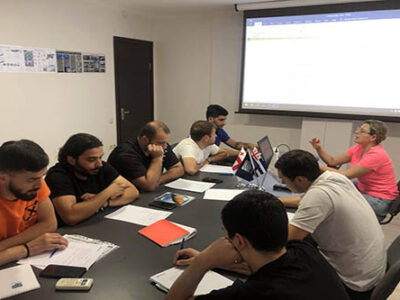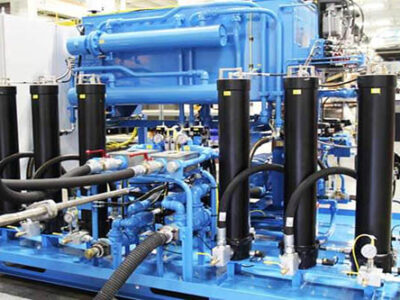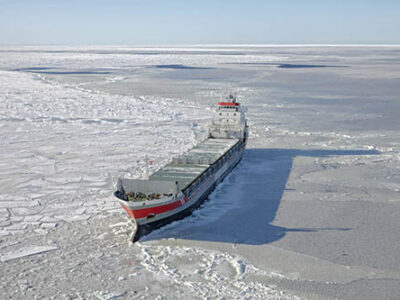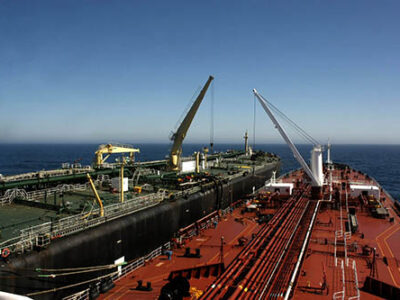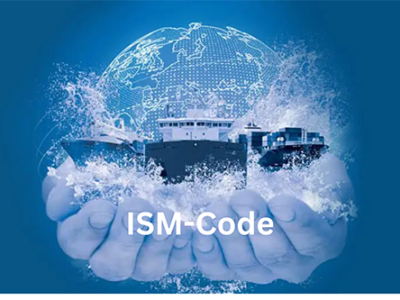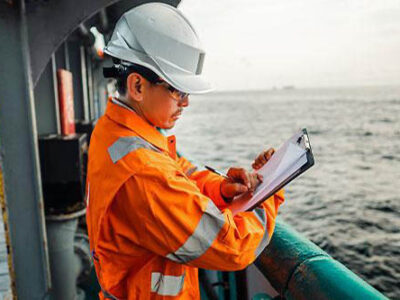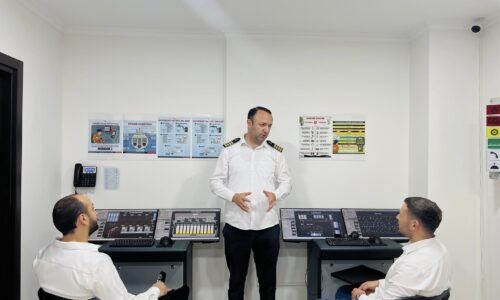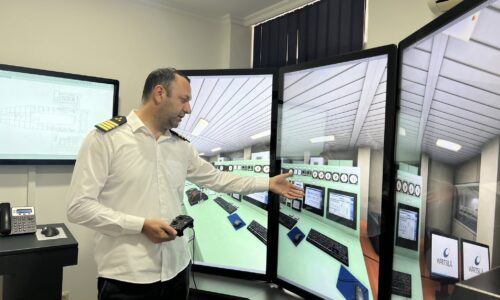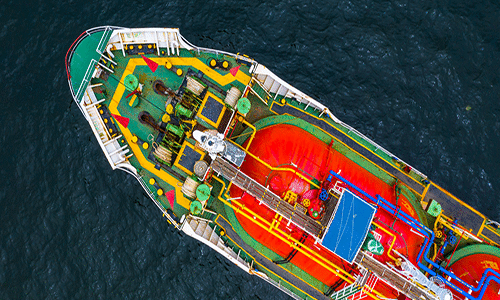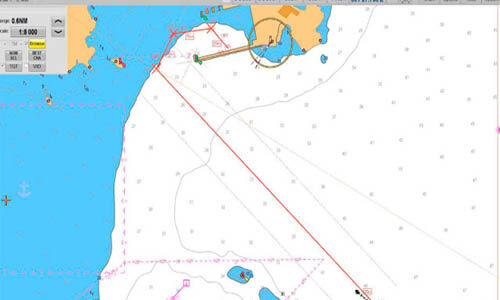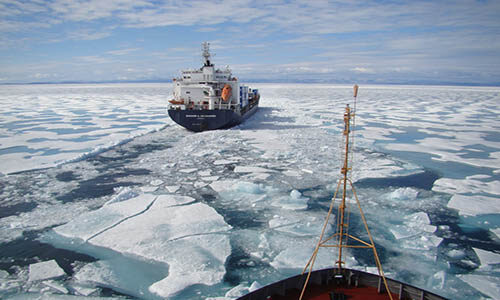This course is designed for beginner officers who have received relevant naval education and need to develop and update both theoretical and practical knowledge and skills. The course discusses all the issues that are necessary for the 3rd and 2nd officers. After completing the course they will be able to fully fulfill their obligations on board ships and also go through interviews with employers.
| Name of Modul | Description | Duration | Outcomes – knowledge, understanding, ability | |
|---|---|---|---|---|
| 1 | Fire Fighting, Life Saving Appliances and Personal Protection Equipment (FFE ,LSA and PPE) | The module describes types of firefighting equipment available on ships, their classification, methods of use, services and inspections. As well as personal and team rescue and safety equipment, methods for their use, service and inspection. Much attention is paid to the methods for the operation of personal safety equipment on how to use various poisonous, toxic and flammable gases when measuring in Enclosed Spaces. | Unit 1 – 8 Hrs Unit 2 – 8 hrs Unit 3 – 8 hrs |
|
| 2 | International Maritime Conventions and Operation Management of Vessel (ISM / SMS / ISPS ) | The module describes the main international maritime conventions, their application, scope and purpose. Great attention is paid to what requirements comply with each convention and how ships are regulated accordingly. The module incorporates unit of ship management procedures which includes document circulation, how to monitor and control over certificates and various documents, how to conduct internal/external audits on ships and avoid observations. | Unit 4 – 11 hrs Unit 5 – 14 hrs |
|
| 3 | Communication Equipment and Navigation Equipment | The module describes the rules for using of communication equipment. It also includes developing practical skills on how to establish communication between ships and shore stations. Great attention is paid to the equipment of the navigation bridge, the use of which is essential for all officers. | Unit 6 – 5 hrs Unit 7 – 4 hrs |
|
| 4 | Navigation of The Ship | The module describes ship navigation issues such as astro navigation, as well as ship navigation issues in different conditions and circumstances. Modern navigation methods and definitions are discussed, which will provide good practical skills to the Seafarers. | Unit 8 – 8 hrs Unit 9 – 12 hrs |
|
| 5 | ECDIS | The module describes how electronic charts are used, as well as the different methods of their practical operation. | Unit 10 – 16 hrs |
|
| 6 | Ship Handling and COLREG 72 | The module describes the Handling of the ship in different situations/ conditions, methods of Anchorage, Mooring and Unmooring operation, STS operation and etc. Furthermore, Rules of COLREG, requirements in different condition of visibilities, use of navigation lights, signals and Shapes are discussed under this module. | Unit 11 – 18 hrs Unit 12 – 25 hrs |
|
| 7 | Stability and Cargo Handling | The module describes the stability of ship, cargo operations, preparation of the ship for cargo operations, ballasting, deballasting of the ship, preparation of cargo tanks for cargo and their inspection. | Unit 13 – 12 hrs Unit 14 – 16 hrs |
|
| 8 | Preparation for Interview | A prerequisite for employment is an interview required by all shipowners. In order to handle it, the Module is prepared according to the modern requirements of the employers, which each maritime officer needs to pass. | Unit 15 – 24 hrs |
|
| Duration of Course 26 days |
Course Features
- Lecture 0
- Quiz 0
- Duration 10 weeks
- Skill level All levels
- Language English
- Students 0
- Assessments Yes


